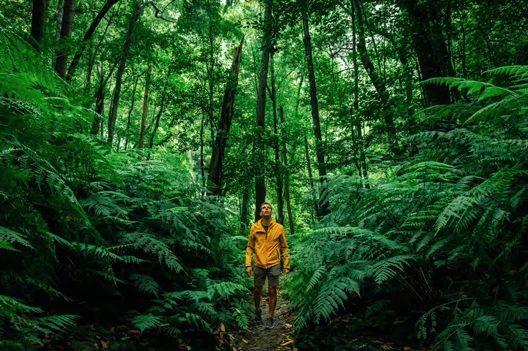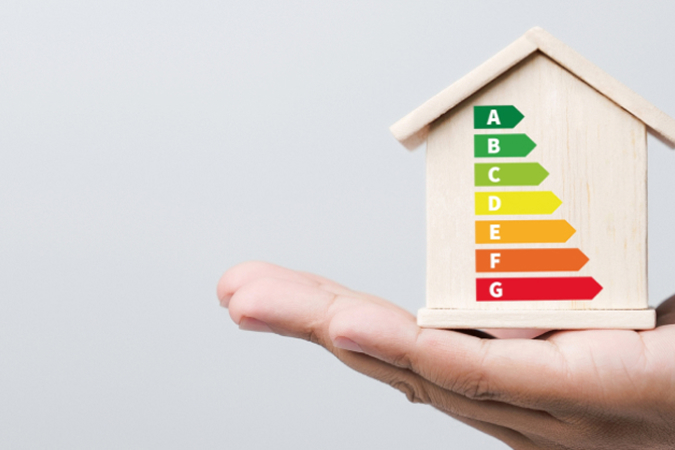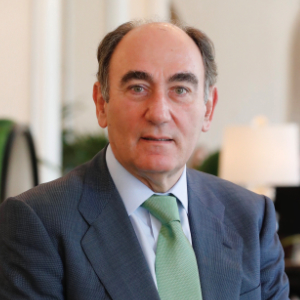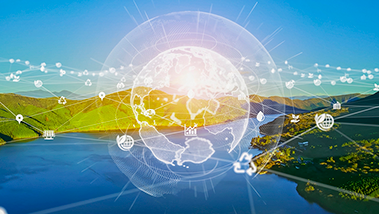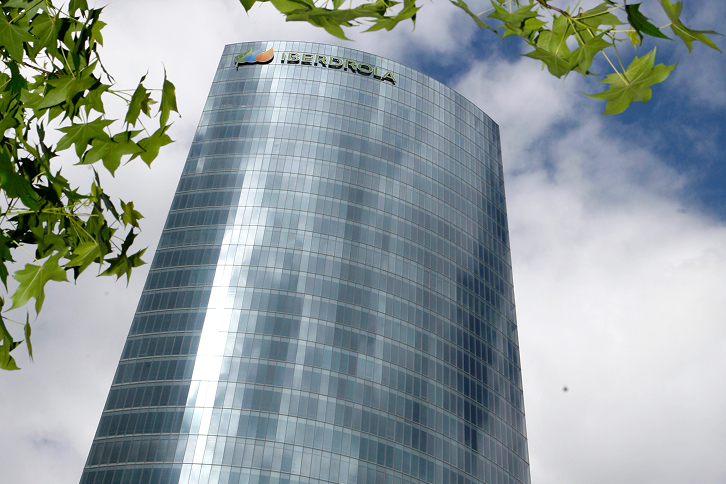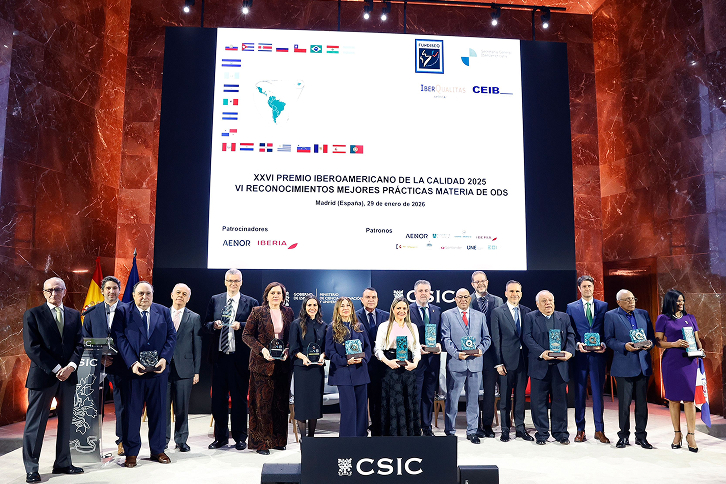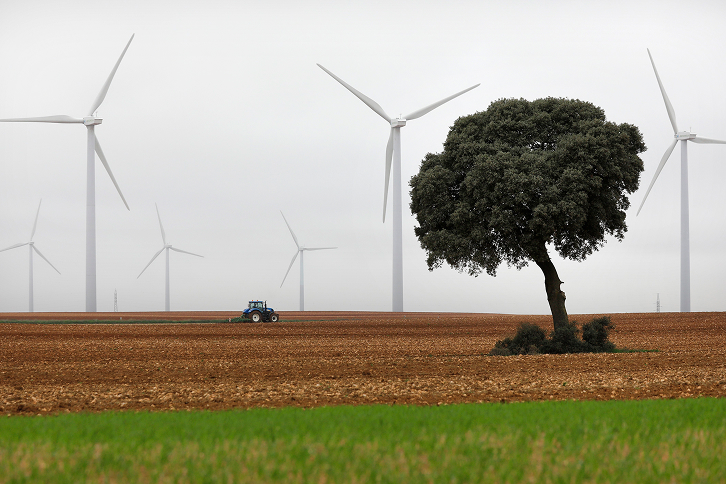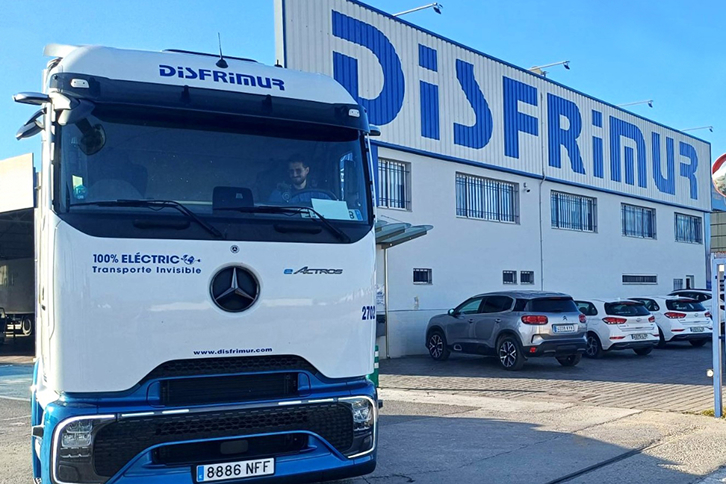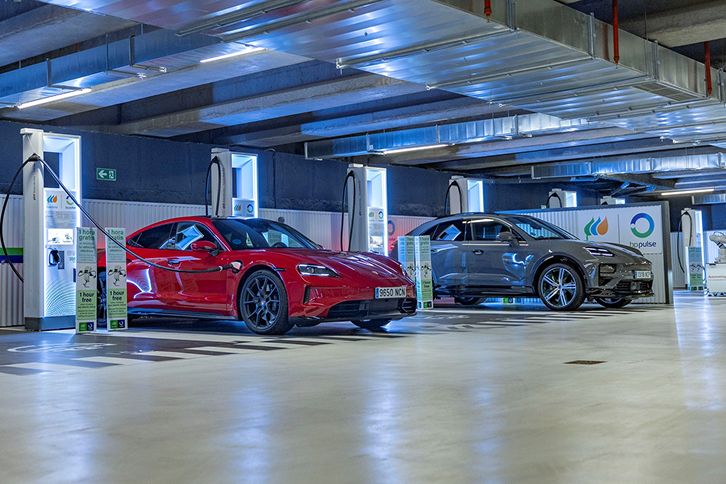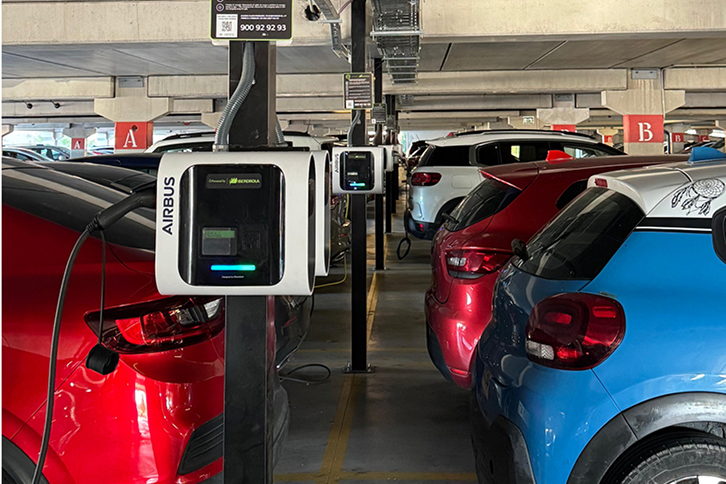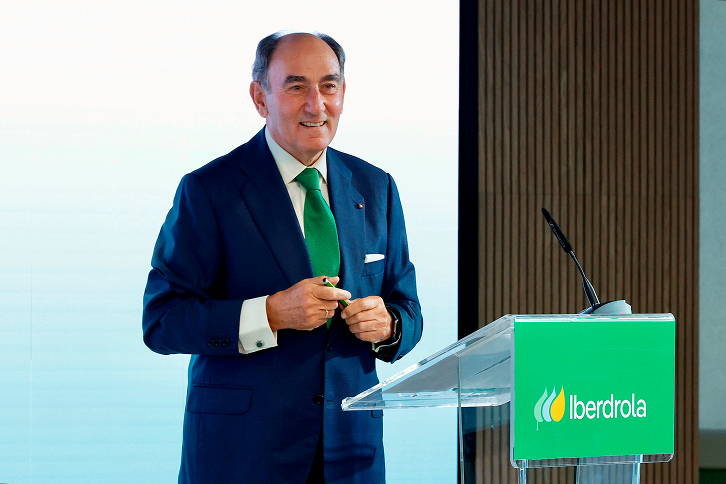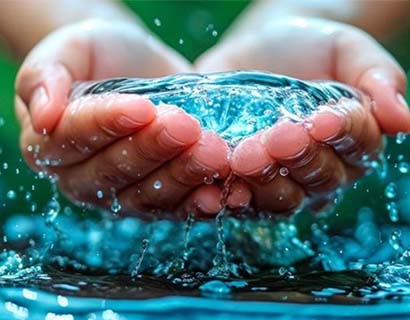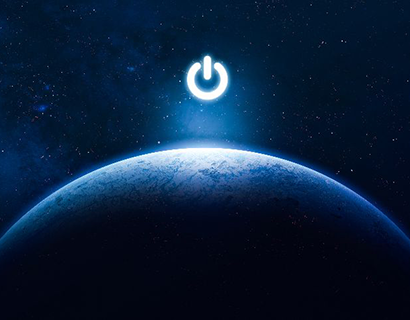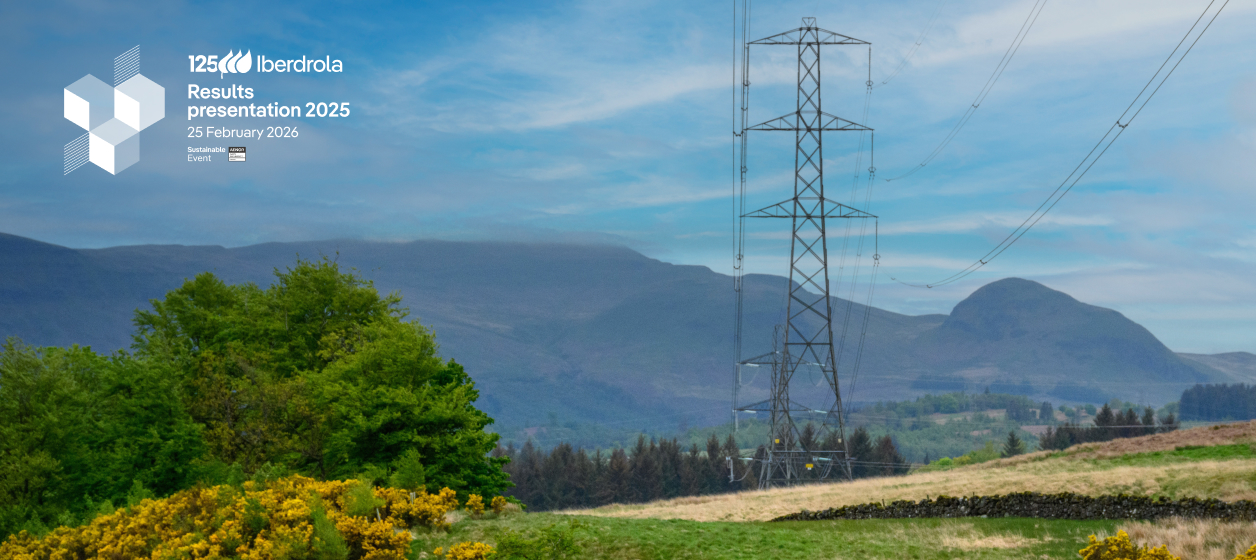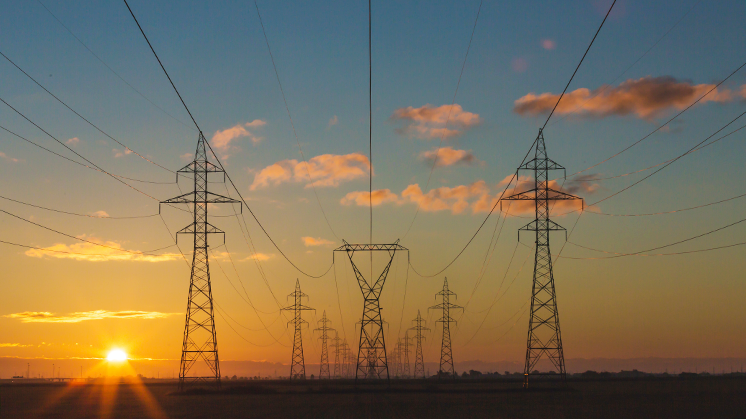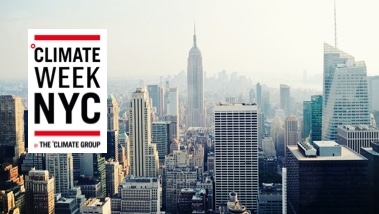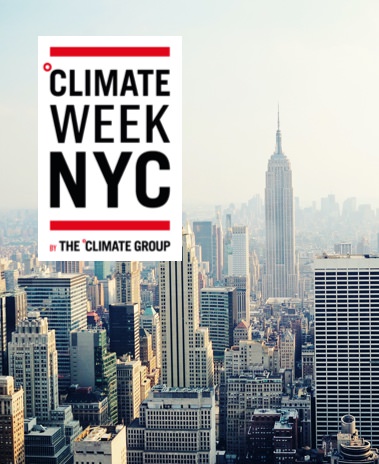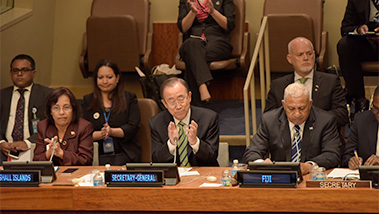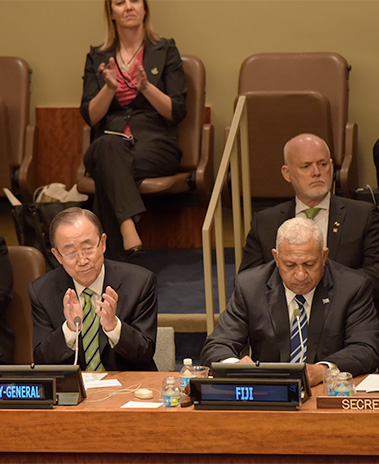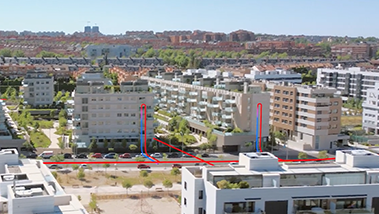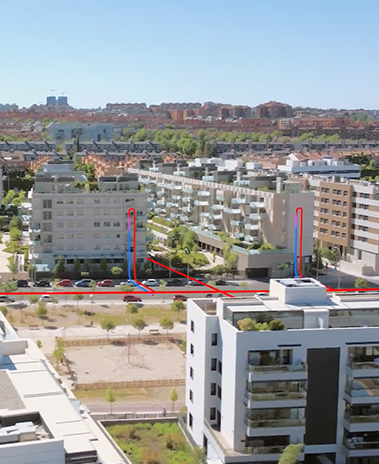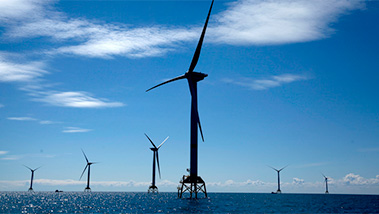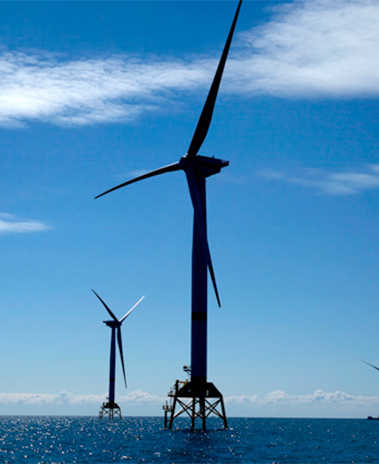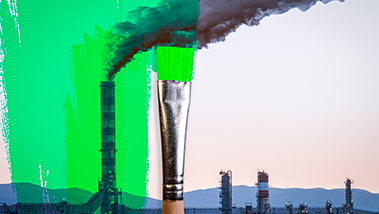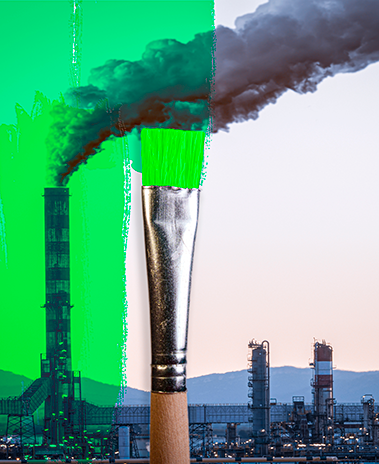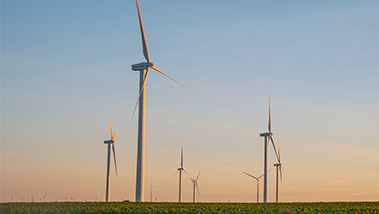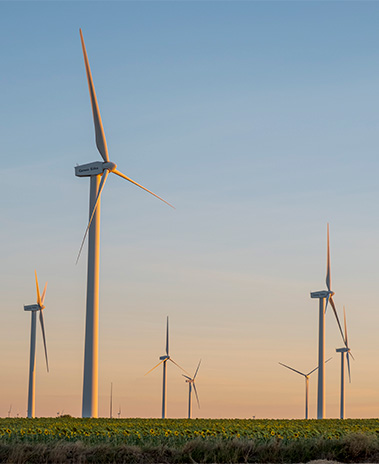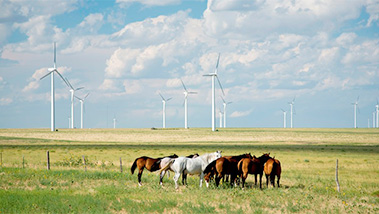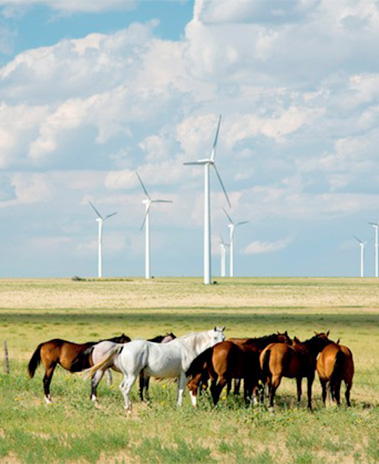-
New York City hosted the 15th edition of Climate Week 2023 (17-24 September) under the slogan We Can, We Will. As in previous editions, the event was presented as a platform for connection and dissemination, focusing on the fulfilment of climate goals and the need to increase the commitments made by companies, governments and organizations.
The 16th edition of the world's most important Biodiversity Summit – the COP of the UN Convention on Biological Diversity (CBD) – will be held in Cali (Colombia) from 21 October to 1 November 2024.
-
The Conference of the Parties to the United Nations Framework Convention on Climate Change (COP21) held in 2015 in Paris marked a historic milestone with the adoption of the Paris Agreement. Find out what this agreement is about, what are its key points, which countries are part of it and how it contributes to the energy transition.
Heat and cooling networks are responsible for supplying thermal energy to multiple users, including residential, tertiary and even industrial buildings. Although they were previously used with non-renewable sources, in recent years the use of new energies has allowed these networks to contribute to the decarbonising the economy.
-
The European wind market has grown strongly over the past 25 years and wind energy has established itself as a key driver of the continent's green transition.
Greenwashing – also referred to as climate-washing – is an increasingly widespread practice with which some companies mislead consumers into believing that they or their products are sustainable through misleading or false claims. It is important that conscious users know greenwashing definition in order to detect this practice.
-
On February 14 we celebrate World Energy Day, a global initiative to raise awareness of the importance of this resource in our daily lives and the need to achieve responsible and efficient production and use of energy resources. In line with our commitment to sustainability, at Iberdrola we work to bring electricity to everyone and optimise its use.
True to our commitment to transparency, every year we publish our Ecological Footprint (CEF), a summary of the Group's environmental performance. AENOR accredits that we have calculated and identified all the environmental impacts derived from our activities in all the countries in which we are present, with the aim of improving and reducing them.
-
Facebook Iberdrola, first organisation to receive the AENOR certificate for our Environmental Footprint
-
Twitter Iberdrola, first organisation to receive the AENOR certificate for our Environmental Footprint
-
Linkedin Iberdrola, first organisation to receive the AENOR certificate for our Environmental Footprint
-
Whatsapp
-







